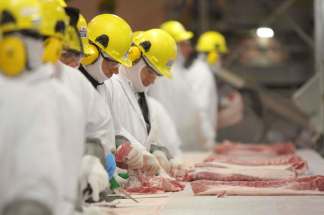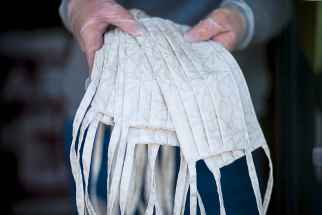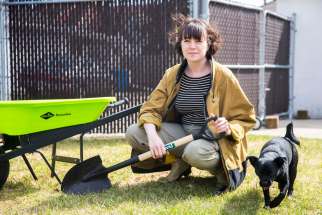Always on the grow August can mean harvest time but plans for next year's gardens are already being made
Read this article for free:
or
Already have an account? Log in here »
To continue reading, please subscribe:
Monthly Digital Subscription
$0 for the first 4 weeks*
- Enjoy unlimited reading on winnipegfreepress.com
- Read the E-Edition, our digital replica newspaper
- Access News Break, our award-winning app
- Play interactive puzzles
*No charge for 4 weeks then price increases to the regular rate of $19.00 plus GST every four weeks. Offer available to new and qualified returning subscribers only. Cancel any time.
Monthly Digital Subscription
$4.75/week*
- Enjoy unlimited reading on winnipegfreepress.com
- Read the E-Edition, our digital replica newspaper
- Access News Break, our award-winning app
- Play interactive puzzles
*Billed as $19 plus GST every four weeks. Cancel any time.
To continue reading, please subscribe:
Add Free Press access to your Brandon Sun subscription for only an additional
$1 for the first 4 weeks*
*Your next subscription payment will increase by $1.00 and you will be charged $16.99 plus GST for four weeks. After four weeks, your payment will increase to $23.99 plus GST every four weeks.
Read unlimited articles for free today:
or
Already have an account? Log in here »
Hey there, time traveller!
This article was published 06/08/2020 (1951 days ago), so information in it may no longer be current.
There’s a reason why some plants are called perennials. There is no off-season in gardening.
August means harvest time for those who planted vegetables around Victoria Day, and that means the first batch of ripe tomatoes, tender greens, radishes and even the first new potatoes have made their way from the vines and the ground onto the dinner table. It also means watering to keep gardens from drying out in Winnipeg’s hot summer days.
There’s also a visual harvest, especially for those who have transformed their yards into a oasis of native plants and flowers from the usual patch of green grass.
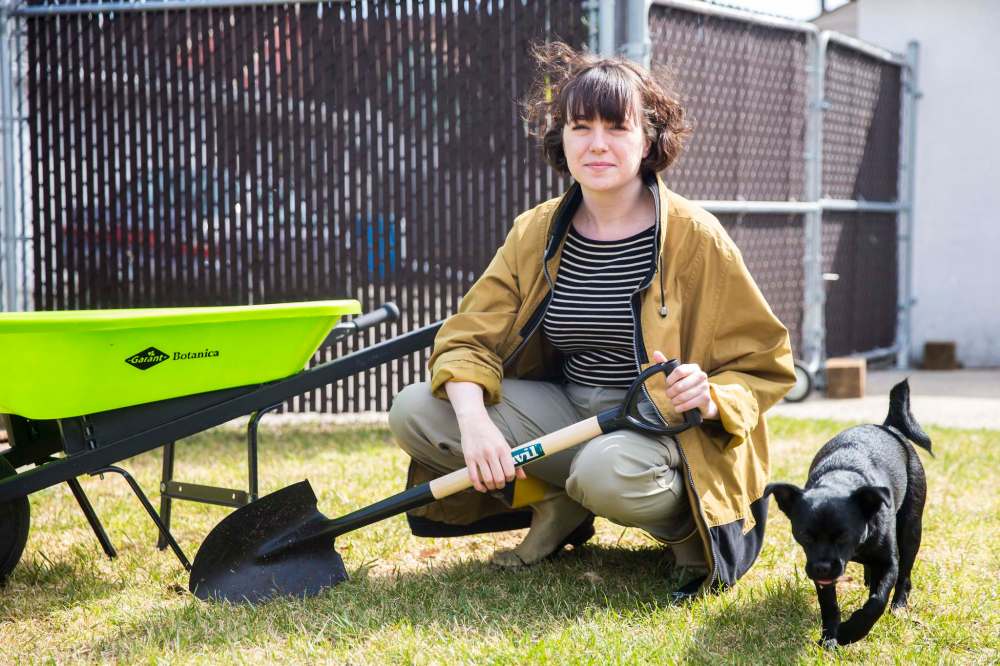
Rachel Andrushuk planted her first garden in May, joining a wave of new gardeners who put extra time at home during the COVID-19 pandemic to good use.
“It was very rewarding to eat something I grew myself,” Andrushuk says. “I only planted a small garden to see how it went, and it was fairly successful, so I’m going to expand next year and hopefully be able to share some of my vegetables with others.”
She is not alone among gardeners thinking about 2021. August is high time to begin planning for next year’s garden, says Jan DuBois, the vice-president for growth and development at Ron Paul Garden Centre, and her colleague, greenhouse manager Ryan Stupak.
The pandemic is playing a role in those plans.
“I think that while we want to be optimistic and say everyone may be able to travel more next year or do more things, if we’re realistic about it, people are looking at it and saying, ‘We might be home next summer too,’” DuBois says. “So they’re doing projects or planning for next year to make their yards an oasis should they need to be there next year.”
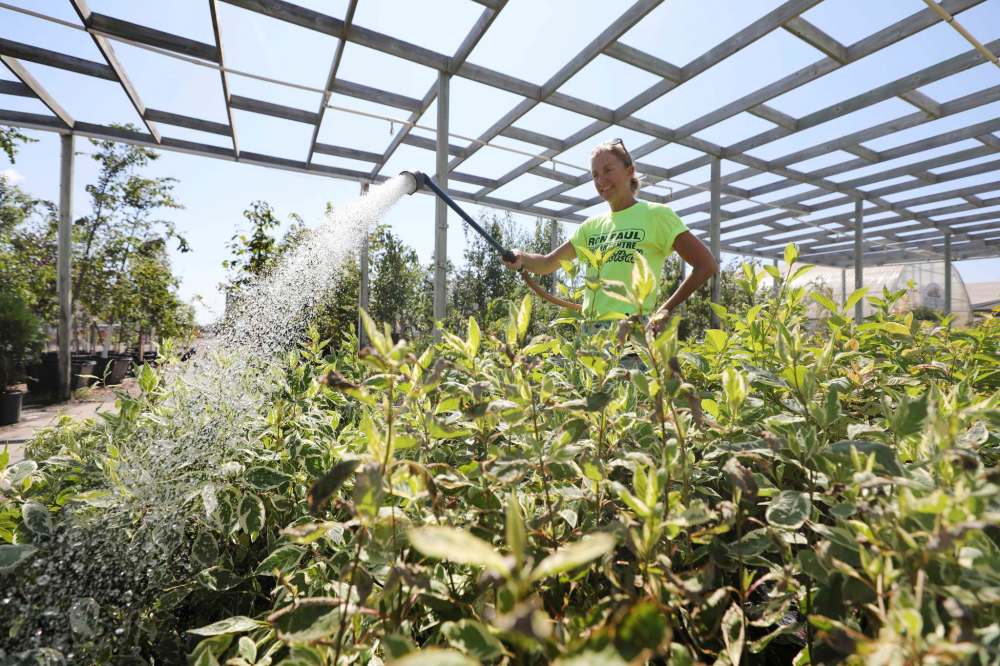
That means August and the fall are busy times for landscapers and for homeowners finishing up summer projects.
“Anything from a tree or shrub variety, whether that be deciduous or evergreens, those can be done up until we get the hard freeze-up of winter,” she says. “Right up until the trees have gone dormant and lost their leaves you can put them in. They won’t know any different as long as you can continue (to) water right until that hard frost time.”
DuBois adds the same goes for perennials, which also can be planted between now and freeze-up, but they need to be watered continually to build their roots before they go dormant for the winter. Beware of fertilizing trees, shrubs and perennials at this time of year, though.
“Try not to overfertilize at this time of year, because trees and shrubs, specifically, you want them to go naturally into dormancy and if we fertilize we’re asking it to push growth,” DuBois says. “You can sometimes make tender shoots that can get affected by frost.”
Planting bulbs like daffodils and tulips are a project more suited to the fall.
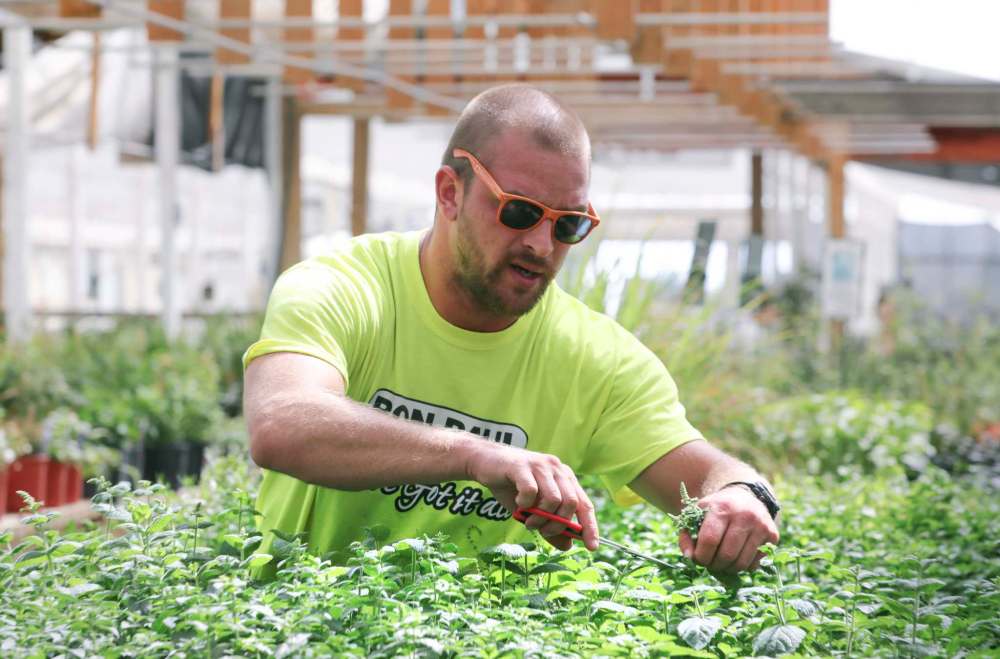
“Those have to go in when the ground is quite cold. You don’t want them to sprout in the fall. You want to put them in when the ground is cold and almost too difficult to dig,” DuBois says.
The hot weather we’re having is a temptation for those looking for a second season of quick-growing vegetables such as lettuce, spinach or kale. But DuBois says there’s a risk.
“It’s just a matter how long in September before we run into frost,” she says. “Those crops are very susceptible to frost. They have a lot of water in the leaf. So by their nature, once we hit a period of time when there’s frost, unless you pick it, you run a big risk of losing it. Fortunately lettuce seed is fairly inexpensive.”
Instead, she suggests growing late vegetables in containers so they get the best of the warm weather now but can be tucked inside a garage to avoid the frost in September.
alan.small@freepress.mb.ca
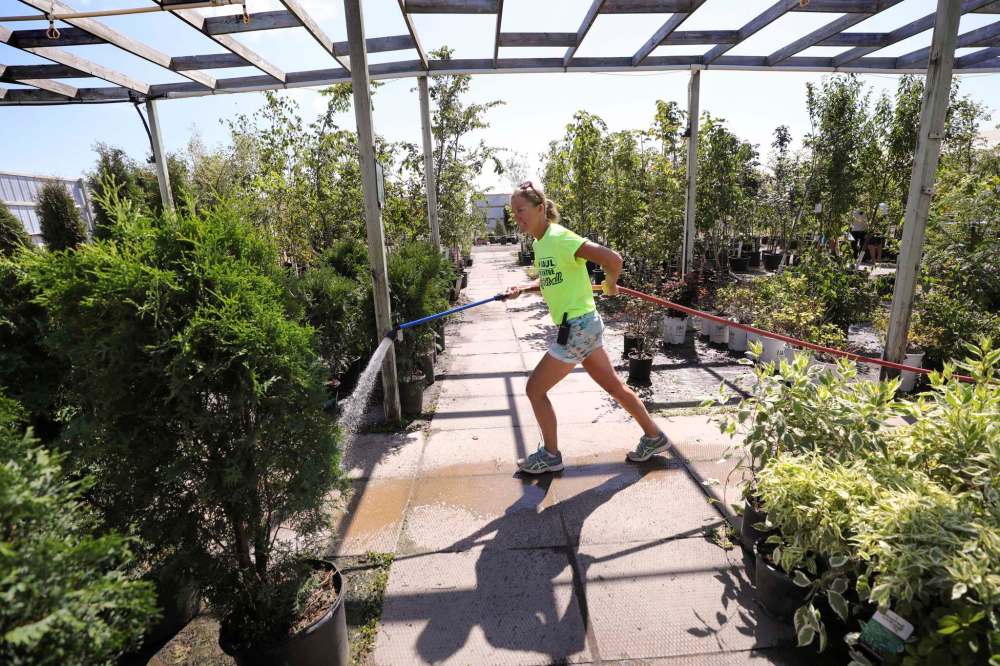
Twitter:@AlanDSmall

Alan Small has been a journalist at the Free Press for more than 22 years in a variety of roles, the latest being a reporter in the Arts and Life section.
Our newsroom depends on a growing audience of readers to power our journalism. If you are not a paid reader, please consider becoming a subscriber.
Our newsroom depends on its audience of readers to power our journalism. Thank you for your support.


